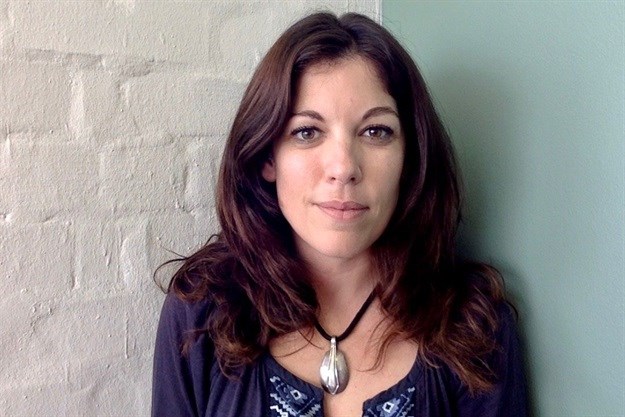
Reading the newspapers last week as the results of the National Senior Certificate (matric) were released felt a little bit like watching those people on the beach, happily collecting starfish. 75.1% of learners who wrote the matric exams passed them. Our politicians cheered, and we celebrated the astounding triumphs of high-performing students – particularly those who achieved against all odds. Learners who were the first in their families to matriculate, who not only achieved multiple distinctions, but who will go on to study fields such as astrophysics. Learners who attended rural schools that didn’t have enough teachers for all subjects, but who aced the toughies like mathematics and the sciences.
These are bright and beautiful starfish indeed, but we would be wise to pay heed to the rising tide behind them and, importantly, what is happening on the ocean floor of South Africa’s education system causing the build-up.
There are already some who are cognisant of this cataclysmic wave made up of the learners who didn’t quite make it through. And it’s not only the 14.9% of matrics who wrote but failed the exams that we are talking about here, it’s also the half-a-million odd learners who enrolled in Grade 1 12 years ago and who didn’t even sit the exams, that make up this looming watery mass.
But our matric-result infatuation needs to move even deeper than that. It needs to shift to the early years of a child’s life where the hardwiring for success, or failure, takes place.
Last year closed with the release of another set of education results: that eight out of 10 nine-year-olds in South Africa are functionally illiterate, and that our children’s reading comprehension abilities scored lowest compared to the children in the 49 other countries that participated in the Progress in International Reading Literacy Study (PIRLS).
It begs the obvious question: if children are unable to read, how are they able to meaningfully progress through the schooling system? According to PIRLS, 78% of our Grade 4s will be playing an exhausting game of constant catch-up.
If we truly care about our national matric pass rate (and what it means for the future of our country), let’s save ourselves a great deal of both effort and money by directing our energies to ensuring children have a solid educational foundation. We need to start at the beginning.

How about each year, we dissect this part of our society? Let’s become obsessed with early numeracy and literacy rates, and the creative ways in which they can be improved. Let’s become absorbed by the quality of teaching in preschools and primary schools, and find complementary partnerships to ensure that all key areas for unlocking children’s potential are addressed: nurturing care, stimulation, nutrition and protection. Let’s become play-advocates – evangelising its central role in children’s learning. As a nation, let’s pledge to do whatever we can to see that children get to read for enjoyment so that books become less scary. Let’s invest in this phase of education that yields the highest rates of return, and then let’s monitor the progress of the education department, non-profits and other actors in this sector.
Finally, let’s dive right to the ocean floor and see what other bright and beautiful starfish we can find. Those government officials who understand that poor early education exacerbates inequality and stifles economic potential. Those same officials who make sure classrooms are filled with books in children’s home languages as well as English, and who enforce policies that create opportunities for children to fall in love with reading.
Let’s raise up and celebrate the teachers, early childhood development practitioners, and every day South Africans whose efforts help turn the tide and contribute towards a future filled with employable youth, critical thinkers, empathetic citizens, and parents who are able to pass these early lessons on to their own children someday.